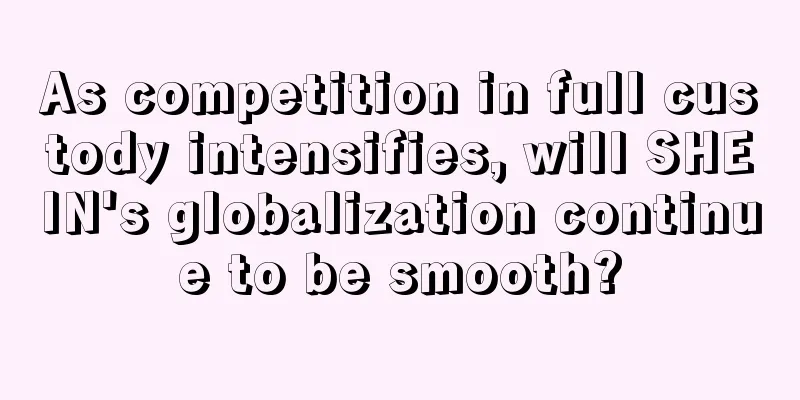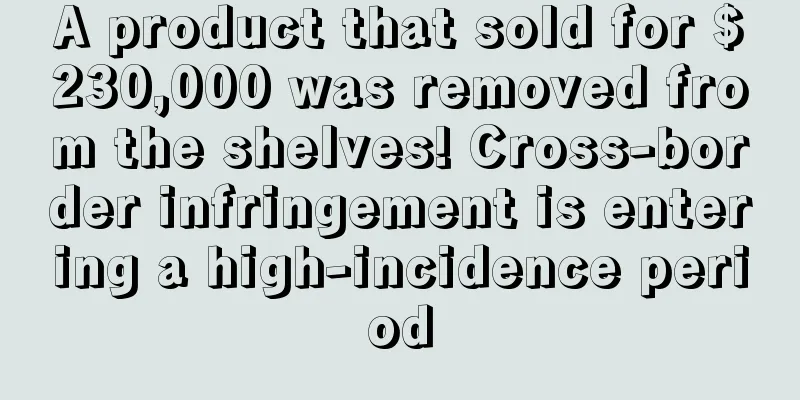Amazon's third-party sellers are losing pricing control

|
Amazon’s Marketplace Fair Pricing Policy explicitly states that “sellers are responsible for setting their own prices on the Amazon Marketplace.” Until 2020, Amazon only took action against third-party sellers’ pricing in very limited circumstances.
Throughout 2020, Amazon has stepped up its pricing requirements due to the impact of the epidemic. When the Amazon platform detects that the price of a product is higher than Amazon's historical sales data, its algorithm begins to suspend the sale of this product by third-party sellers due to "high pricing errors." However, this situation can usually be resolved by contacting the platform, and the seller will at most lose some sales.
But later, in January 2021, the Amazon Brand Standards (ASB) policy was restarted. At this stage, Amazon's policy mainly targets larger third-party sellers and well-known brands.
Simply put, this policy penalizes sellers whose prices for some products are not equal to or lower than those on other sites. If the seller adjusts the pricing of the product to Amazon’s satisfaction, they will be allowed to sell those products again. If the seller does not change the product price, then the product will not be able to be sold on Amazon.
What’s worse is that no matter how many emails the seller sends, they can’t get an answer from seller support or other Amazon teams. Eventually, the case gets transferred to the ASB team, who respond with an email that says:
ASB policies are applied to protect the customer experience. This seller did not meet the 95% price competitiveness metric.
This policy shows that the "price competitiveness" that has been applicable to Amazon suppliers for many years has been extended to third-party sellers. This may not be happy news for many sellers. Because the "competitive price" that Amazon wants is sometimes even lower than the seller's cost of goods.
So far, Amazon has not stated in seller support or other programs that Amazon can control the pricing of third-party sellers' products, nor has it stated that Amazon can punish sellers based on "non-competitive pricing." However, once a third-party seller receives a notice of suspension due to "high pricing errors," they can only make changes according to Amazon's rules. Amazon Third-party sellers price |
>>: Wish launches "Wish Standard" program to incentivize high-quality sellers
Recommend
Australian food company Maggie Beer acquires e-commerce gift basket business
Australian food company Maggie Beer acquires e-co...
What is ushop? ushop Review, Features
ushop is committed to building a refined operatio...
The full-hosting model, honey or poison for Chinese sellers?
In 1776, Adam Smith, the founder and pioneer of c...
With 3 billion visits per month, Amazon becomes the fifth most visited website in the world!
As an e-commerce giant, Amazon has attracted shop...
Germany's third wave of epidemic hits, beauty product sales fall 16%
Experts from the German Institute for Infectious ...
Flipkart and short video platform Moj cooperate to increase investment in Indian social e-commerce
Some time ago, TikTok and Shopify reached a coope...
Annual revenue exceeds 16 billion yuan, this fast fashion brand does not follow the usual path
Fast fashion brand Boohoo's revenue increased...
What is lantee? lantee Review, Features
lantee is a website focusing on cars and accessori...
The annual sales volume of a single product is 820,000 units, and the growth rate of e-commerce sales is obvious
As the pressure of life increases, various massag...
What is Gust Pay? Gust Pay Review, Features
Gust Pay is a Stellenbosch-based app that facilit...
Amazon Europe launches new feature, sellers: it’s better not to use it
In order to further improve its platform policies...
Two cases of design patent protection, hundreds of sellers have been sued
Among infringement cases, the simplest and most c...
Germany's online sales in Q3 exceeded 20 billion euros, the fastest growth in 5 years
The survey results show that although restriction...
SHEIN donated 5 million yuan to Henan, and these bigwigs all made a move
Recently, many places in Henan Province have been...
Etsy helps sellers boost sales on Valentine's Day! These products are expected to be a big hit
Valentine's Day is getting closer and closer,...









